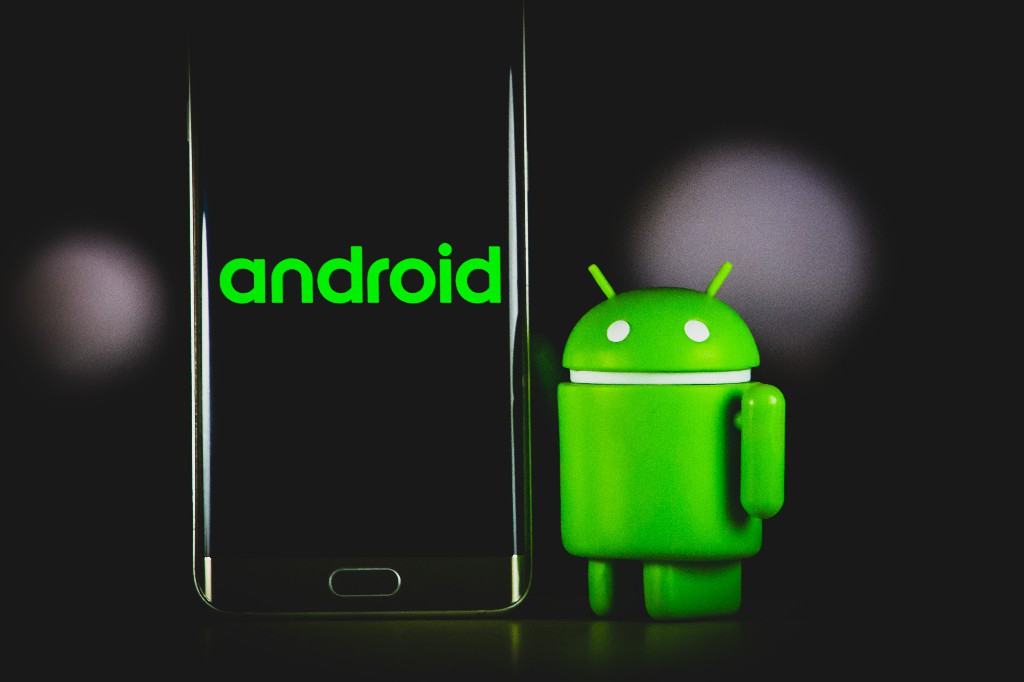Choosing the Right Programming Language for Android App Development

Developing an Android app is an exciting venture, but one of the crucial decisions you'll need to make is selecting the right programming language. With a plethora of options available, each with its own strengths and weaknesses, it can be overwhelming to determine which one suits your project best. This comprehensive guide aims to help you navigate through the maze of choices and make an informed decision.
Before diving into the specifics, it's important to understand that the programming language you choose will have a significant impact on various aspects of your Android app development journey. Factors such as app performance, development speed, available resources, and community support should all be taken into account. With that in mind, let's explore the top programming languages for Android app development and their respective advantages and disadvantages.
1. Java
Java has been the traditional language for Android app development. It offers an extensive range of libraries and tools, making it a reliable choice for building robust and scalable apps. With a large community and vast resources available, learning and troubleshooting Java for Android is relatively easy. However, Java can be verbose and requires writing more code compared to other languages.
2. Kotlin
Kotlin, introduced as an official language for Android development in 2017, has gained immense popularity among developers. It is known for its concise syntax, enhanced safety features, and seamless interoperability with Java. Kotlin reduces boilerplate code and offers better support for modern programming patterns. Migrating from Java to Kotlin is also relatively straightforward, making it an attractive option for new and existing projects.
3. C++
C++ is a powerful and versatile programming language that allows developers to write high-performance code for Android apps. It is commonly used for resource-intensive applications, such as games or graphics-intensive apps. C++ offers low-level control and direct access to device resources, but it requires more development time and expertise compared to Java or Kotlin.
4. C# with Xamarin
C# is a popular programming language, and when combined with the Xamarin framework, it becomes a suitable choice for cross-platform Android app development. Xamarin allows developers to write code in C# and share it across multiple platforms, including Android, iOS, and Windows. This approach enables faster development cycles and code reusability, but it may not be ideal for complex or performance-critical apps.
5. Python
Python, known for its simplicity and readability, can also be used for Android app development. Although not as widely adopted as Java or Kotlin, Python offers an array of libraries and frameworks that facilitate rapid development. It is a great choice for prototyping, scripting, or building apps with a focus on data analysis or machine learning. However, Python may not be suitable for resource-intensive apps due to its performance limitations.
6. JavaScript with React Native
JavaScript, along with the React Native framework, allows for building native-like Android apps using a single codebase. React Native leverages JavaScript to create a bridge between the app's code and the underlying native components. This approach enables faster development and facilitates code sharing across platforms. However, React Native may not provide the same level of performance as fully native Android development.
7. Dart with Flutter
Dart, developed by Google, is the programming language used in Flutter, a cross-platform framework for Android and iOS app development. Flutter enables the creation of visually appealing and highly performant apps with a single codebase. Dart's hot reload feature allows for rapid iterations, making it an excellent choice for building UI-focused apps. However, Flutter's ecosystem is still growing, and its community support may not be as extensive as that of more established languages.
8. Ruby
Ruby, known for its simplicity and elegant syntax, can also be utilized for Android app development. It offers a vast ecosystem of libraries and frameworks, such as RubyMotion, which facilitates building Android apps using Ruby. However, Ruby is not as commonly used for Android development as other languages, and its performance may be a concern for resource-intensive apps.
9. Go
Go, designed by Google, is a statically typed, compiled language that focuses on simplicity and efficiency. It offers excellent concurrency support, making it suitable for building scalable server-side components of Android apps. Go's small binary size and fast execution speed make it a compelling choice for performance-critical applications. However, the availability of Android-specific libraries and resources for Go may be limited.
10. Lua
Lua is a lightweight scripting language commonly used in game development. While not as prevalent in the Android app development landscape, Lua can be used for building small, resource-efficient apps or integrating scripting capabilities into existing applications. Its simplicity and ease of integration make it a viable option for specific use cases, but it may not be suitable for complex or feature-rich apps.
In conclusion, choosing the right programming language for Android app development is a critical decision that should be based on careful consideration of your project's requirements and constraints. Java and Kotlin are the most widely used languages, offering extensive resources and community support. However, other languages like C++, C#, Python, JavaScript, Dart, Ruby, Go, and Lua also have their own merits and can be suitable for specific use cases. Assessing factors such as performance, development speed, available resources, and community support will help you make an informed decision that aligns with your project's goals.
Remember, there is no one-size-fits-all solution, and it's crucial to stay updated with the evolving trends and advancements in Android app development to make the most out of your chosen programming language.

Post a Comment for "Choosing the Right Programming Language for Android App Development"
Terimakasih Telah Berkunjung Di Blog Ini, Jika Merasa Artikel Bermanfaat Jangan Lupa Untuk DiShare.
Atas Kerjasamanya Admin Mengucapkan Terimakasih.
----Katingo Take----